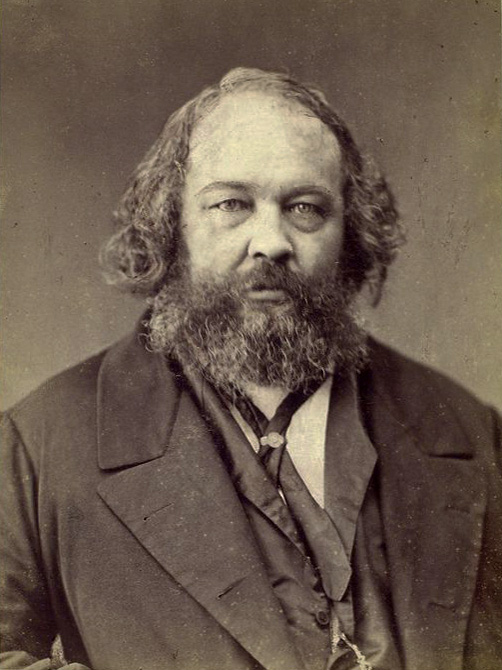Fuente: Rousseau's Theory of the State (1873)
Contexto: We … have humanity divided into an indefinite number of foreign states, all hostile and threatened by each other. There is no common right, no social contract of any kind between them; otherwise they would cease to be independent states and become the federated members of one great state. But unless this great state were to embrace all of humanity, it would be confronted with other great states, each federated within, each maintaining the same posture of inevitable hostility. War would still remain the supreme law, an unavoidable condition of human survival.
Every state, federated or not, would therefore seek to become the most powerful. It must devour lest it be devoured, conquer lest it be conquered, enslave lest it be enslaved, since two powers, similar and yet alien to each other, could not coexist without mutual destruction.
The State, therefore, is the most flagrant, the most cynical, and the most complete negation of humanity. It shatters the universal solidarity of all men on the earth, and brings some of them into association only for the purpose of destroying, conquering, and enslaving all the rest. It protects its own citizens only; it recognises human rights, humanity, civilisation within its own confines alone. Since it recognises no rights outside itself, it logically arrogates to itself the right to exercise the most ferocious inhumanity toward all foreign populations, which it can plunder, exterminate, or enslave at will. If it does show itself generous and humane toward them, it is never through a sense of duty, for it has no duties except to itself in the first place, and then to those of its members who have freely formed it, who freely continue to constitute it or even, as always happens in the long run, those who have become its subjects. As there is no international law in existence, and as it could never exist in a meaningful and realistic way without undermining to its foundations the very principle of the absolute sovereignty of the State, the State can have no duties toward foreign populations. Hence, if it treats a conquered people in a humane fashion, if it plunders or exterminates it halfway only, if it does not reduce it to the lowest degree of slavery, this may be a political act inspired by prudence, or even by pure magnanimity, but it is never done from a sense of duty, for the State has an absolute right to dispose of a conquered people at will.
This flagrant negation of humanity which constitutes the very essence of the State is, from the standpoint of the State, its supreme duty and its greatest virtue. It bears the name patriotism, and it constitutes the entire transcendent morality of the State. We call it transcendent morality because it usually goes beyond the level of human morality and justice, either of the community or of the private individual, and by that same token often finds itself in contradiction with these. Thus, to offend, to oppress, to despoil, to plunder, to assassinate or enslave one's fellowman is ordinarily regarded as a crime. In public life, on the other hand, from the standpoint of patriotism, when these things are done for the greater glory of the State, for the preservation or the extension of its power, it is all transformed into duty and virtue. And this virtue, this duty, are obligatory for each patriotic citizen; everyone is supposed to exercise them not against foreigners only but against one's own fellow citizens, members or subjects of the State like himself, whenever the welfare of the State demands it.
This explains why, since the birth of the State, the world of politics has always been and continues to be the stage for unlimited rascality and brigandage, brigandage and rascality which, by the way, are held in high esteem, since they are sanctified by patriotism, by the transcendent morality and the supreme interest of the State. This explains why the entire history of ancient and modern states is merely a series of revolting crimes; why kings and ministers, past and present, of all times and all countries — statesmen, diplomats, bureaucrats, and warriors — if judged from the standpoint of simple morality and human justice, have a hundred, a thousand times over earned their sentence to hard labour or to the gallows. There is no horror, no cruelty, sacrilege, or perjury, no imposture, no infamous transaction, no cynical robbery, no bold plunder or shabby betrayal that has not been or is not daily being perpetrated by the representatives of the states, under no other pretext than those elastic words, so convenient and yet so terrible: "for reasons of state."
